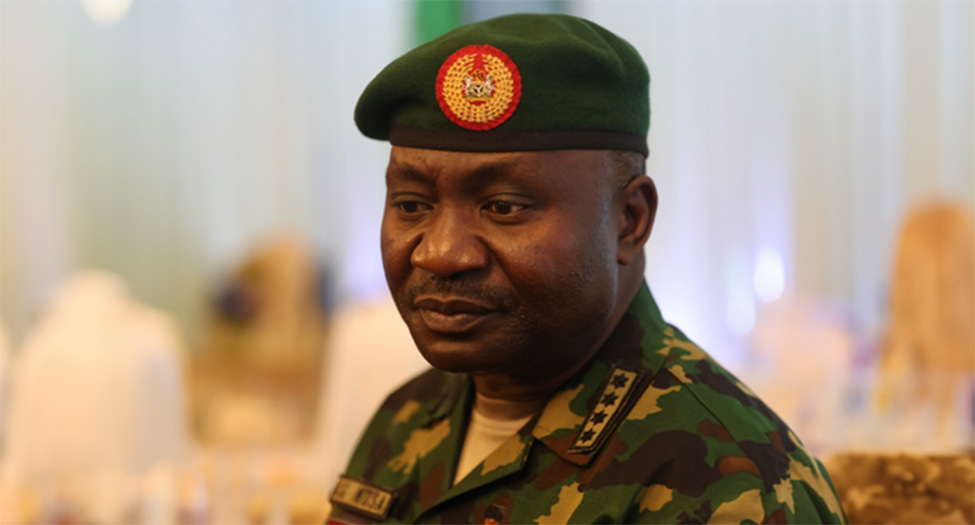The Chief of Defence Staff, Gen. Christopher Musa, said on Friday that the military was gaining nothing from the fight against insecurity in many parts of the country.
According to him, the military daily loses troops in the ongoing fight against insecurity across the federation, adding that he has nightmares.
Musa spoke during the maiden parley with journalists in Abuja on Friday.
The CDS cautioned the citizens against demoralising the troops from effectively discharging their constitutional duties with their actions.
He alleged that some individuals and countries were sponsoring Simon Ekpa to destabilise the country.
He urged them to desist from such act, adding that the military would not relax in its effort to ensure that peace returned to the South-East.
Musa said, “On the issue of Nnamdi Kanu, there are people that have continued to sponsor these people by contributing money. And you can see that they are not only killing people outside, they are also killing their people.
“So, you are funding to somebody who is also killing you. So, our appeal is that people should stop supporting them, and expose all those doing those things, especially people like Simon Ekpa.
“He is sitting down there in comfort. Some countries are encouraging him to do what he is doing to Nigeria, and we are here supporting him. So, people must desist. We must call what is wrong, wrong. But I know that we are making efforts to ensure that we secure the whole of South-East and we will continue to do that.”
On the accidental bombing in Kaduna, the CDS promised that any personnel found culpable would be punished.
The CDS noted that the solution to the ravaging insecurity in the country was good governance, adding that the military solution currently being in use would solve 30 per cent of the problem.
He said, “Military solution is only 30 per cent, 70 per cent is good governance, equity, fairness and justice. Anywhere you apply this, you will see that you have a good community.”
Musa said porous borders and unmanned forests had contributed to the challenges faced by the military.
He said, “If you go to Chad, Cameroon and Niger, once you come as a foreigner, they know because they have a database; they can identify you. And then there’s this security awareness within the public, which we lack.



